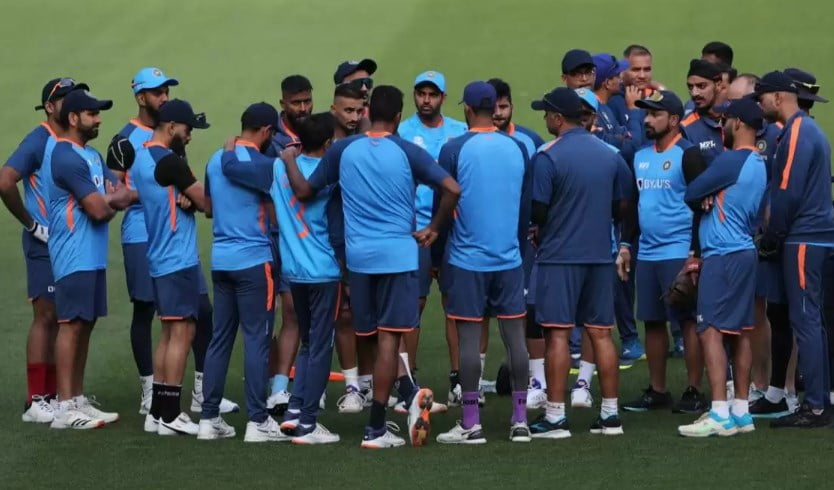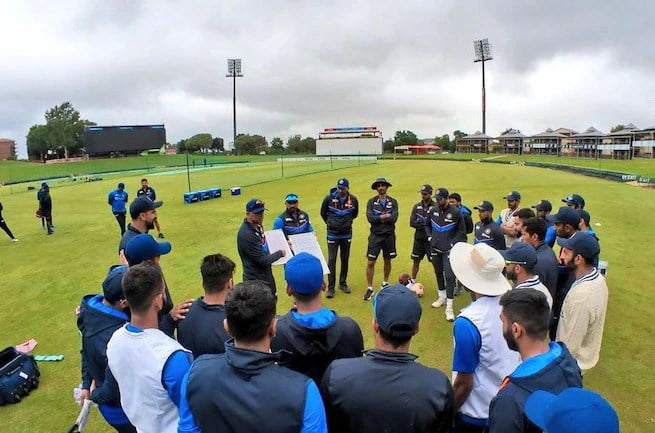The Board of Control for Cricket in India (BCCI) has managed to reach a bold decision of managing the workload of a pool of 20 Indian cricketers ahead of the ICC ODI World Cup 2023 in their latest review meeting on Sunday, January 1. However, the board might face some criticism from the IPL franchises as they are unlikely to rest their key players in an elongated schedule this year.

The BCCI made an official statement on Sunday, stating that the National Cricket Academy (NCA) will be coordinating with the IPL franchises to monitor and manage the workload of the Indian cricketers ahead of the WTC final (if India qualifies) and the ODI World Cup. This policy has been introduced after several Indian players succumbed to injuries in the lead-up to the T20 World Cup last year.
ALSO READ: BCCI Shortlists 20 Cricketers For The ODI WC 2023 And Mandates Yo-yo Test
It is worth noting that ECB and CA have been following this policy for years and the players are in sync with their respective boards who feature in global domestic leagues like the IPL.
However, the latest statement from an IPL official indicates that the BCCI will have to make some rectifications to their policy as they are not eligible to manage the workload of players due to their contracts with IPL franchises.

Explaining the same, a franchise official said, “The BCCI cannot ask the franchises to rest a player for any IPL game. They can of course monitor the workload and ask for any data to be shared, but they cannot fix a cap and say a certain player can play only X number of matches or can bowl only X number of overs.”
ALSO READ: Saba Karim Suggests An Apt Replacement Of Rishabh Pant For BGT
An extended IPL season means that the team management will also be tracking the fitness levels of the players in a packed international calendar that will witness India host the ODI World Cup later this year. It will be interesting to see if the BCCI gets its way with the franchises when it comes to managing the workload of the cricketers or will the cash-rich league get precedence over international commitments.
